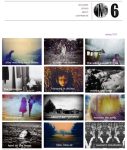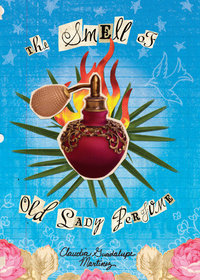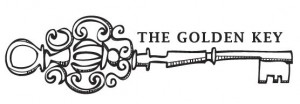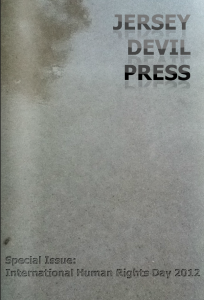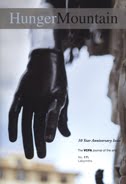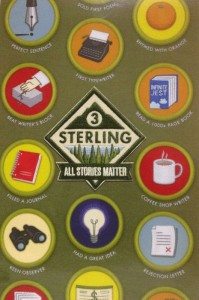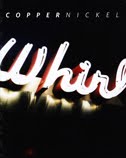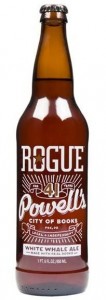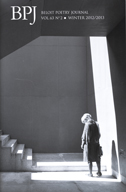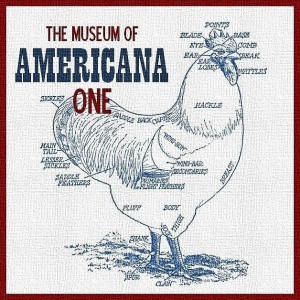We are happy to welcome the museum of americana to our guide to literary magazines. Born from the desire to “revive and repurpose our cultural heritage” and pass it on to the next generation, the magazine publishes nonfiction, fiction, poetry, reviews, interviews, photography, and artwork. Editor Justin Hamm says that this quarterly online magazine’s name contains the word “museum” because it is what they’d like to accomplish. “One of the best parts of a museum experience is the juxtaposition,“ he says. “Dozens of periods exist under the same roof, which can create a pretty interesting mixture. We want our readers to have that kind of experience with each issue, to move from, say, Thomas Jefferson to Doo-Wop in one mouse click. At the same time, ‘museum’ is not meant to imply ‘retired’ artifacts under glass. We’re especially interested in work that makes Americana new, that experiments with or repurposes it in unexpected ways.”
Hamm says that beyond excellent reading and art, you can expect to experience “something akin to running into an old high school friend after twenty years, a simultaneous mixture of familiarity and foreignness.” Hamm says that the editors woud like to restore the cultural heritage’s vitality by “publishing work that uses the old as construction material for something new. Americans are down in a lot ways right now. We’re divided. Now seems like a good time to revisit our shared past.”
The first issue of the museum of americana includes poetry from Tony Barnstone, Scott Beal, Jenn Blair, Jeff Kass, Kathleen Kirk, Norbert Krapf, Christopher Martin, Kevin Millar, Dale Patterson, Pepper Trail, David Walsh, and Karen Weyant; fiction by Sean Conaway, Joyce Goldenstern, Paul Jaskunas, and Dan Mancilla; and nonfiction by Chelsey Clammer.
In the near future, the editors hope to add music and short films to the website as well as develop a team of regular reviewers to “spotlight Americana-themed books.” Eventually, they would like to become a print publication, perhaps even publishing some chapbooks and books.
Other editors include Poetry Editors Karrie Waarala and Tim Hunt, Prose Editors Lauren Alwan and Lindsey Griffin, and Photography/Art Editor Jennifer Joy Jameson.
The next reading period is the month of December. Submissions can be sent via email with full guidelines on their website. “We hope you’ll add submitting to us to your holiday to-do lists,” Hamm says.

